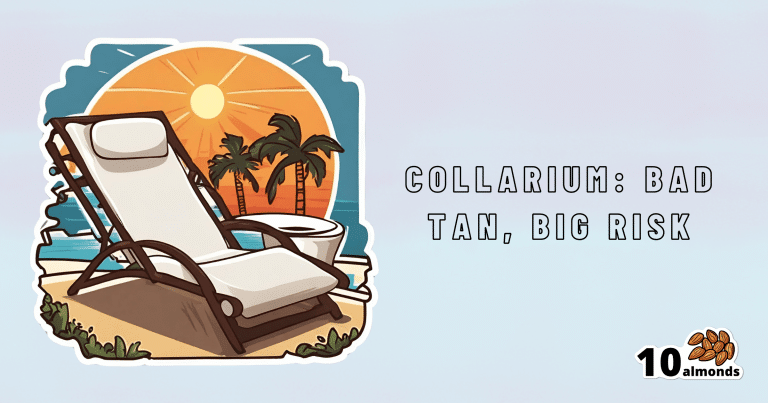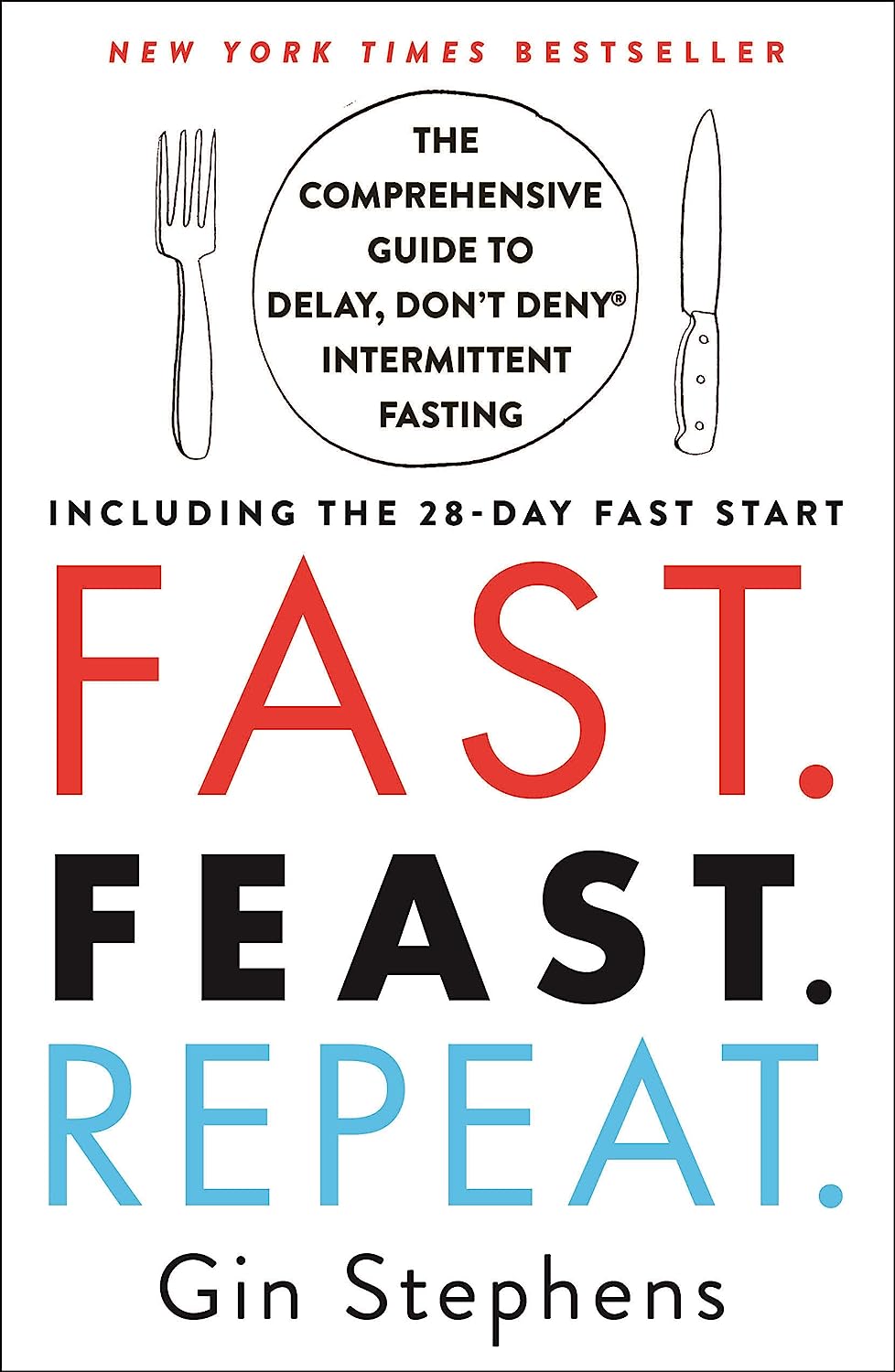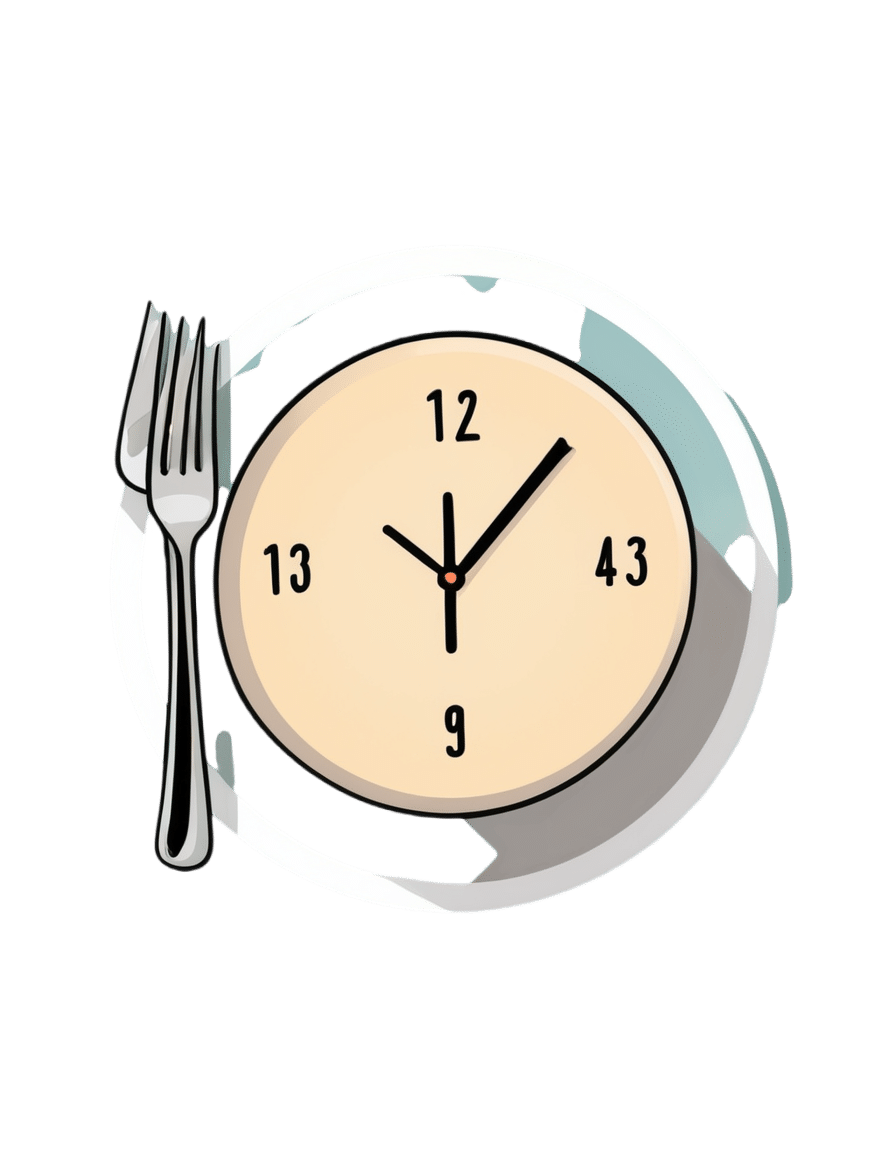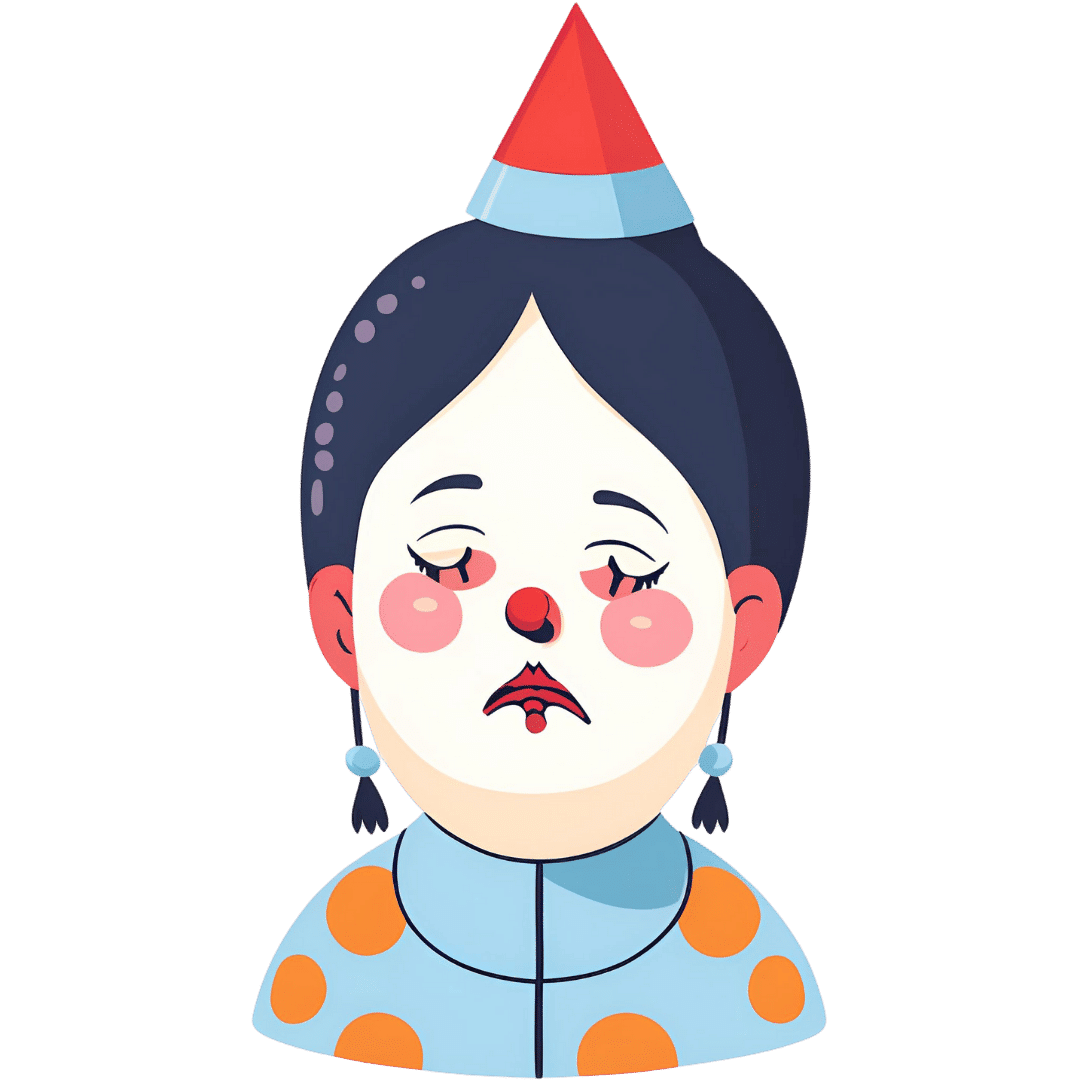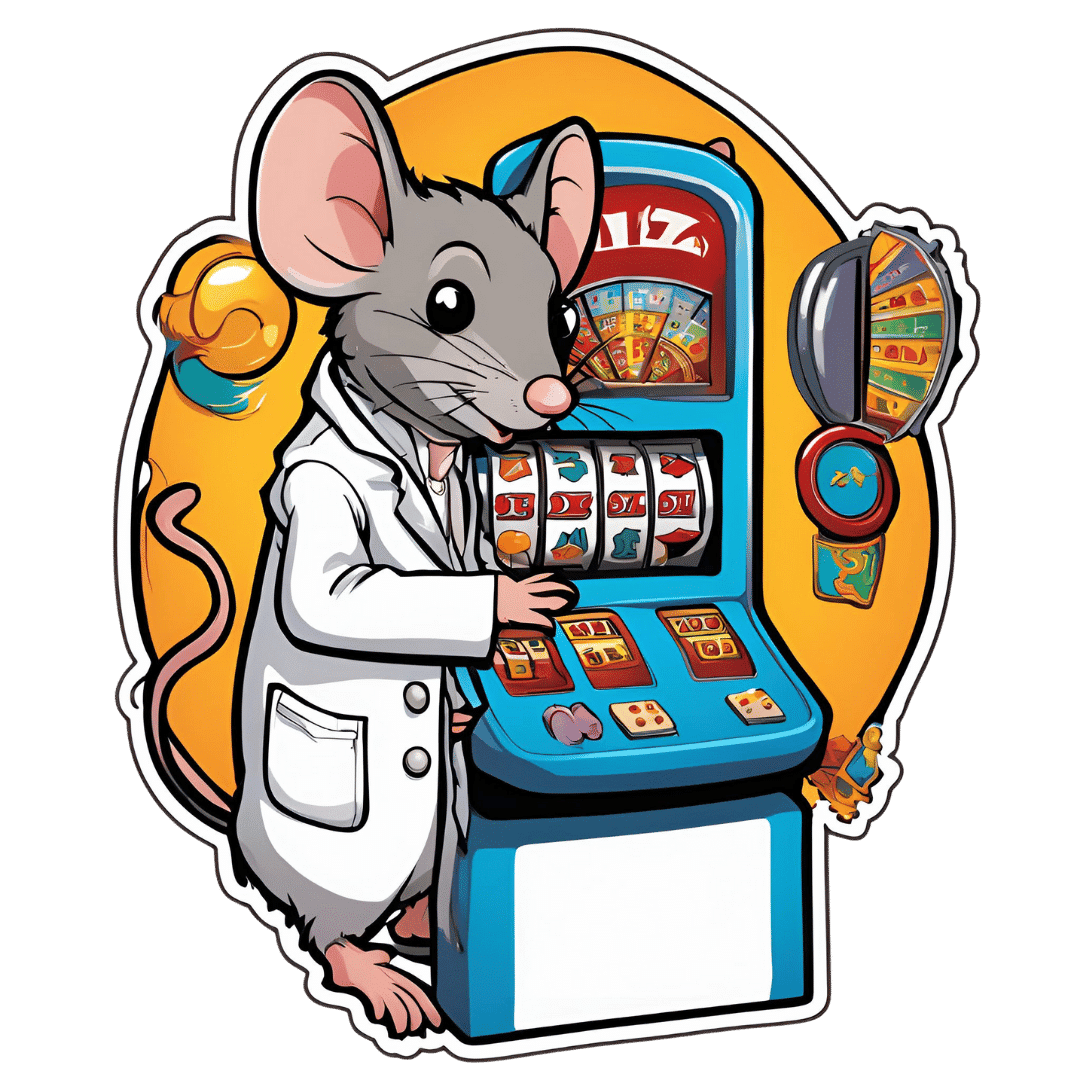
The Meds That Impair Decision-Making
10almonds is reader-supported. We may, at no cost to you, receive a portion of sales if you purchase a product through a link in this article.
Impairment to cognitive function is often comorbid with Parkinson’s disease. That is to say: it’s not a symptom of Parkinson’s, but it often occurs in the same people. This may seem natural: after all, both are strongly associated with aging.
However, recent (last month, at time of writing) research has brought to light a very specific way in which medication for Parkinson’s may impair the ability to make sound decisions.
Obviously, this is a big deal, because it can affect healthcare decisions, financial decisions, and more—greatly impacting quality of life.
See also: Age-related differences in financial decision-making and social influence
(in which older people were found more likely to be influenced by the impulsive financial preferences of others than their younger counterparts, when other factors are controlled for)
As for how this pans out when it comes to Parkinson’s meds…
Pramipexole (PPX)
This drug can, due to an overlap in molecular shape, mimic dopamine in the brains of people who don’t have enough—such as those with Parkinson’s disease. This (as you might expect) helps alleviate Parkinson’s symptoms.
However, researchers found that mice treated with PPX and given a touch-screen based gambling game picked the high-risk, high reward option much more often. In the hopes of winning strawberry milkshake (the reward), they got themselves subjected to a lot of blindingly-bright flashing lights (the risk, to which untreated mice were much more averse, as this is very stressful for a mouse).
You may be wondering: did the mice have Parkinson’s?
The answer: kind of; they had been subjected to injections with 6-hydroxydopamine, which damages dopamine-producing neurons similarly to Parkinson’s.
This result was somewhat surprising, because one would expect that a mouse whose depleted dopamine was being mimicked by a stand-in (thus, doing much of the job of dopamine) would be less swayed by the allure of gambling (a high-dopamine activity), since gambling is typically most attractive to those who are desperate to find a crumb of dopamine somewhere.
They did find out why this happened, by the way, the PPX hyperactivated the external globus pallidus (also called GPe, and notwithstanding the name, this is located deep inside the brain). Chemically inhibiting this area of the brain reduced the risk-taking activity of the mice.
This has important implications for Parkinson’s patients, because:
- on an individual level, it means this is a side effect of PPX to be aware of
- on a research-and-development level, it means drugs need to be developed that specifically target the GPe, to avoid/mitigate this side effect.
You can read the study in full here:
Don’t want to get Parkinson’s in the first place?
While nothing is a magic bullet, there are things that can greatly increase or decrease Parkinson’s risk. Here’s a big one, as found recently (last week, at the time of writing):
Air Pollution and Parkinson’s Disease in a Population-Based Study
Also: knowing about its onset sooner rather than later is scary, but beneficial. So, with that in mind…
Recognize The Early Symptoms Of Parkinson’s Disease
Finally, because Parkinson’s disease is theorized to be caused by a dysfunction of alpha-synuclein clearance (much like the dysfunction of beta-amyloid clearance, in the case of Alzheimer’s disease), this means that having a healthy glymphatic system (glial cells doing the same clean-up job as the lymphatic system, but in the brain) is critical:
How To Clean Your Brain (Glymphatic Health Primer)
Take care!
Don’t Forget…
Did you arrive here from our newsletter? Don’t forget to return to the email to continue learning!
Recommended
Learn to Age Gracefully
Join the 98k+ American women taking control of their health & aging with our 100% free (and fun!) daily emails:
-
Fast. Feast. Repeat – by Dr. Gin Stephens
10almonds is reader-supported. We may, at no cost to you, receive a portion of sales if you purchase a product through a link in this article.
We’ve reviewed intermittent fasting books before, so what makes this one different?
The title “Fast. Feast. Repeat.” doesn’t give much away; after all, we already know that that’s what intermittent fasting is.
After taking the reader though the basics of how intermittent fasting works and what it does for the body, much of the rest of the book is given over to improvements.
That’s what the real strength of this book is: ways to make intermittent fasting more efficient, including how to avoid plateaus. After all, sometimes it can seem like the only way to push further with intermittent fasting is to restrict the eating window further. Not so!
Instead, Dr. Stephens gives us ways to keep confusing our metabolism (in a good way) if, for example, we had a weight loss goal we haven’t met yet.
Best of all, this comes without actually having to eat less.
Bottom line: if you want to be in good physical health, and/but also believe that life is for living and you enjoy eating food, then this book can resolve that age-old dilemma!
Share This Post
-
Jasmine McDonald’s Ballet Stretching Routine
10almonds is reader-supported. We may, at no cost to you, receive a portion of sales if you purchase a product through a link in this article.
Why Jasmine’s Video is Useful
Jasmine McDonald is not only a professional ballerina, but is also a certified personal trainer, so when it comes to keeping her body strong and flexible, she’s a wealth of knowledge. Her video (below) is a great example of this.
In case you’re interested in learning more, she currently (privately) tutors over 30 people on a day-to-day basis. You can contact her here!
Other Stretches?
If you think that Jasmine’s stretches may be out of your league, we recommend checking out our other articles on stretching, including:
- 11 Minutes to Pain-Free Hips
- How to Permanently Loosen a Tight Psoas
- Stretching Scientifically
- Stretching & Mobility
- Stretching to Stay Young
Otherwise, let loose on these dancer stretches and exercises:
How did you find that video? If you’ve discovered any great videos yourself that you’d like to share with fellow 10almonds readers, then please do email them to us!
Share This Post
-
Intermittent Fasting In Women
10almonds is reader-supported. We may, at no cost to you, receive a portion of sales if you purchase a product through a link in this article.
It’s Q&A Day at 10almonds!
Have a question or a request? We love to hear from you!
In cases where we’ve already covered something, we might link to what we wrote before, but will always be happy to revisit any of our topics again in the future too—there’s always more to say!
As ever: if the question/request can be answered briefly, we’ll do it here in our Q&A Thursday edition. If not, we’ll make a main feature of it shortly afterwards!
So, no question/request too big or small
❝Does intermittent fasting differ for women, and if so, how?❞
For the sake of layout, we’ve put a shortened version of this question here, but the actual wording was as below, and merits sharing in full for context
Went down a rabbit hole on your site and now can’t remember how I got to the “Fasting Without Crashing” article on intermittent fasting so responding to this email lol, but was curious what you find/know about fasting for women specifically? It’s tough for me to sift through and find legitimate studies done on the results of fasting in women, knowing that our bodies are significantly different from men. This came up when discussing with my sister about how I’ve been enjoying fasting 1-2 days/week. She said she wanted more reliable sources of info that that’s good, since she’s read more about how temporary starvation can lead to long-term weight gain due to our bodies feeling the need to store fat. I’ve also read about that, but also that fasting enables more focused autophagy in our bodies, which helps with long-term staving off of diseases/ailments. Curious to know what you all think!
~ 10almonds subscriber
So, first of all, great question! Thanks for asking it
Next up, isn’t it strange? Books come in the format:
- [title]
- [title, for women]
You would not think women are a little over half of the world’s population!
Anyway, there has been some research done on the difference of intermittent fasting in women, but not much.
For example, here’s a study that looked at 1–2 days/week IF, in other words, exactly what you’ve been doing. And, they did have an equal number of men and women in the study… And then didn’t write down whether this made a difference or not! They recorded a lot of data, but neglected to note down who got what per sex:
Here’s a more helpful study, that looked at just women, and concluded:
❝In conclusion, intermittent fasting could be a nutritional strategy to decrease fat mass and increase jumping performance.
However, longer duration programs would be necessary to determine whether other parameters of muscle performance could be positively affected by IF. ❞
~ Dr. Martínez-Rodríguez et al.
Those were “active women”; another study looked at just women who were overweight or obese (we realize that “active women” and “obese or overweight women” is a Venn diagram with some overlap, but still, the different focus is interesting), and concluded:
❝IER is as effective as CER with regard to weight loss, insulin sensitivity and other health biomarkers, and may be offered as an alternative equivalent to CER for weight loss and reducing disease risk.❞
As for your sister’s specific concern about yo-yoing, we couldn’t find studies for this yet, but anecdotally and based on books on Intermittent Fasting, this is not usually an issue people find with IF. This is assumed to be for exactly the reason you mention, the increased cellular apoptosis and autophagy—increasing cellular turnover is very much the opposite of storing fat!
You might, by the way, like Dr. Mindy Pelz’s “Fast Like A Girl”, which we reviewed previously
Take care!
Share This Post
Related Posts
-
Escape From The Clutches Of Shame
10almonds is reader-supported. We may, at no cost to you, receive a portion of sales if you purchase a product through a link in this article.
We’ve written before about managing various emotions, including “negative” ones. We put that in “scare quotes” because they also all have positive aspects, that are just generally overshadowed by the fact that the emotions themselves are not pleasant. But for example…
We evolved our emotions, including the “negative” ones, for our own benefit as a species:
- Stress keeps us safe by making sure we take important situations seriously
- Anger keeps us safe by protecting us from threats
- Disgust keeps us safe by helping us to avoid things that might cause disease
- Anxiety keeps us safe by ensuring we don’t get complacent
- Guilt keeps us safe by ensuring we can function as a community
- Sadness keeps us safe by ensuring we value things that are important to us, and learn to become averse to losing them
- …and so on
You can read more about how to turn these off (or rather, at least pause them) when they’re misfiring and/or just plain not convenient, here:
While it’s generally considered good to process feelings instead of putting them aside, the fact is that sometimes we have to hold it together while we do something, such that we can later have an emotional breakdown at a convenient time and place, instead of the supermarket or bank or office or airport or while entertaining houseguests or… etc.
Today, though, we’re not putting things aside, for the most part (though we will get to that too).
We’ll be dealing with shame, which is closely linked to the guilt we mentioned in that list there.
See also: Reconsidering the Differences Between Shame and Guilt
Shame’s purpose
Shame’s purpose is to help us (as a community) avoid anti-social behavior for which we might be shamed, and thus exiled from the in-group. It helps us all function better together, which is how we thrive as a species.
Shame, therefore, is often assumed to be something we can (and possibly should) use to ensure that we (ourselves and/or others) “do the right thing”.
But there’s a catch…
Shame only works negatively
You may be thinking “well duh, it’s a negative emotion”, but this isn’t about negativity in the subjective sense, but rather, positive vs negative motivation:
- Positive motivation: motivation that encourages us to do a given thing
- Negative motivation: motivation that encourages us to specifically not do a given thing
Shame is only useful as a negative motivation, i.e., encouraging us to specifically not do a given thing.
Examples:
- You cannot (in any way that sticks, at least) shame somebody into doing more housework.
- You can, however, shame somebody out of drinking and driving.
This distinction matters a lot when it comes to how we are with our children, or with our employees (or those placed under us in a management structure), or with people who otherwise look to us as leaders.
It also matters when it comes to how we are with ourselves.
Here’s a paper about this, by the way, with assorted real-world examples:
The negative side of motivation: the role of shame
From those examples, we can see that attempts to shame someone (including oneself) into doing something positive will generally not only fail, they will actively backfire, and people (including oneself) will often perform worse than pre-shaming.
Looking inwards: healthy vs unhealthy shame
Alcoholics Anonymous and similar programs use a degree of pro-social shame to help members abstain from the the act being shamed.
Rather than the unhelpful shame of exiling a person from a group for doing a shameful thing, however, they take an approach of laying out the shame for all to see, feeling the worst of it and moving past it, which many report as being quite freeing emotionally while still [negatively] motivational to not use the substance in question in the future (and similar for activity-based addictions/compulsions, such as gambling, for example).
As such, if you are trying to avoid doing a thing, shame can be a useful motivator. So by all means, if it’s appropriate to your goals, tell your friends/family about how you are now quitting this or that (be it an addiction, or just something generally unhealthy that you’d like to strike off your regular consumption/activity list).
You will still be tempted! But the knowledge of the shame you would feel as a result will help keep you from straying into that temptation.
If you are trying to do a thing, however, (even something thought of in a negative frame, such as “lose weight”), then shame is not helpful and you will do best to set it aside.
You can shame yourself out of drinking sodas (if that’s your plan), but you can’t shame yourself into eating healthy meals. And even if your plan is just shaming yourself out of eating unhealthy food… Without a clear active positive replacement to focus on instead, all you’ll do there is give yourself an eating disorder. You’ll eat nothing when people are looking, and then either a) also eat next to nothing in private or else b) binge in secret, and feel terrible about yourself, neither of which are any good for you whatsoever.
Similarly, you can shame yourself out of bed, but you can’t shame yourself into the gym:
Let it go
There are some cases, especially those where shame has a large crossover with guilt, that it serves no purpose whatsoever, and is best processed and then put aside.
For example, if you did something that you are ashamed of many years ago, and/or feel guilty about something that you did many years ago, but this is not an ongoing thing for you (i.e., it was a one-off bad decision, or a bad habit that have now long since dropped), then feeling shame and/or guilt about that does not benefit you or anyone else.
As to how to process it and put it aside, if your thing harmed someone else, you could see if there’s a way to try to make amends (even if without confessing ill, such as by acting anonymously to benefit the person/group you harmed).
And then, forgive yourself. Regardless of whether you feel like you deserve it. Make the useful choice, that better benefits you, and by extension those around you.
If you are religious, you may find that of help here too. We’re a health science publication not a theological one, but for example: Buddhism preaches compassion including for oneself. Judaism preaches atonement. Christianity, absolution. For Islam, mercy is one of the holiest ideals of the religion, along with forgiveness. So while religion isn’t everyone’s thing, for those for whom it is, it can be an asset in this regard.
For a more worldly approach:
To Err Is Human; To Forgive, Healthy (Here’s How To Do It) ← this goes for when the forgiveness in question is for yourself, too—and we do write about that there (and how)!
Take care!
Don’t Forget…
Did you arrive here from our newsletter? Don’t forget to return to the email to continue learning!
Learn to Age Gracefully
Join the 98k+ American women taking control of their health & aging with our 100% free (and fun!) daily emails:
-
Is Marine Collagen Worth Taking?
10almonds is reader-supported. We may, at no cost to you, receive a portion of sales if you purchase a product through a link in this article.
Questions and Answers at 10almonds
Have a question or a request? You can always hit “reply” to any of our emails, or use the feedback widget at the bottom!
This newsletter has been growing a lot lately, and so have the questions/requests, and we love that! In cases where we’ve already covered something, we might link to what we wrote before, but will always be happy to revisit any of our topics again in the future too—there’s always more to say!
As ever: if the question/request can be answered briefly, we’ll do it here in our Q&A Thursday edition. If not, we’ll make a main feature of it shortly afterwards!
So, no question/request too big or small
I wanted to ask if you think marine collagen is decent to take. I’ve heard a lot of bad press about it
We don’t know what you’ve heard, but generally speaking it’s been found to be very beneficial to bones, joints, and skin! We wrote about it quite recently on a “Research Review Monday”:
Don’t Forget…
Did you arrive here from our newsletter? Don’t forget to return to the email to continue learning!
Learn to Age Gracefully
Join the 98k+ American women taking control of their health & aging with our 100% free (and fun!) daily emails:
-
Plant vs Animal Protein
10almonds is reader-supported. We may, at no cost to you, receive a portion of sales if you purchase a product through a link in this article.
Plant vs Animal Protein: Head to Head
Some people will obviously have strong ideological opinions here—for vegetarians and vegans, it’s no question, and for meat-eaters, it’s easy to be reactive to that and double-down on the bacon. But, we’re a health science newsletter, so we’ll be sticking to the science.
Which is better, healthwise?
First, it depends on how you go about it. Consider these options:
- A piece of salmon
- A steak
- A hot dog
- A hot dog, but plant-based
- Textured soy protein (no additives)
- Edamame (young soy) beans
Three animal-based protein sources, three plant-based. We could render the competition simple (but very unfair) by pitting the hotdog against the edamame beans, or the plant-based hot dog against the piece of salmon. So let’s kick this off by saying:
- There are good and bad animal-based protein sources
- There are good and bad plant-based protein sources
Whatever you choose, keep that in mind while you do. Less processed is better in either case. And if you do go for red meat, less is better, period.
Picking the healthiest from each, how do the nutritional profiles look?
They look good in both cases! One factor of importance is that in either case, our bodies will reduce the proteins we consume to their constituent amino acids, and then rebuild them into the specific proteins we actually need. Our bodies will do that regardless of the source, because we are neither a salmon nor a soybean, for example.
We need 20 specific amino acids, for our bodies to make the proteins we will use in our bodies. Of these, 9 are considered “essential”, meaning we cannot synthesize them and must get them from our diet,
Animal protein sources contain all 9 of those (just like we do). Plant based sources often don’t, individually, but by eating soy for example (which does contain them all) and/or getting multiple sources of protein from different plants, the 9 can be covered quite easily with little thought, just by having a varied diet.
Meats are #1!
- They’re number 1 for nutritional density
- They’re number 1 for health risks, too
So while plant-based diet adherents may need to consume more varied things to get all the nutrients necessary, meat-eaters won’t have that problem.
Meat-eaters will instead have a different problem, of more diet-related health risks, e.g.
- Cardiovascular disease
- Metabolic disorders
- Cancers
So again, if eating (especially processed and/or red) meat, moderation is good. The Mediterranean Diet that we so often recommend, by default contains small amounts of lean animal protein.
Which is better for building muscle?
Assuming a broadly healthy balanced diet, and getting sufficient protein from your chosen source, they’re pretty equal:
- Vegan and Omnivorous High Protein Diets Support Comparable Daily Myofibrillar Protein Synthesis Rates and Skeletal Muscle Hypertrophy in Young Adults
- A mycoprotein-based high-protein vegan diet supports equivalent daily myofibrillar protein synthesis rates compared with an isonitrogenous omnivorous diet in older adults: a randomised controlled trial
(both studies showed that both dietary approaches yielded results that showed no difference in muscle synthesis between the two)
The bottom line is…
Healthwise, what’s more important than whether you get your protein from animals or plants is that you eat foods that aren’t processed, and are varied.
And if you want to do a suped-up Mediterranean Diet with less red meat, you might want to try:
A Pesco-Mediterranean Diet With Intermittent Fasting: JACC Review Topic of the Week
^This is from a review in the Journal of the American College of Cardiology, and in few words, they recommend it very highly
Don’t Forget…
Did you arrive here from our newsletter? Don’t forget to return to the email to continue learning!
Learn to Age Gracefully
Join the 98k+ American women taking control of their health & aging with our 100% free (and fun!) daily emails:

